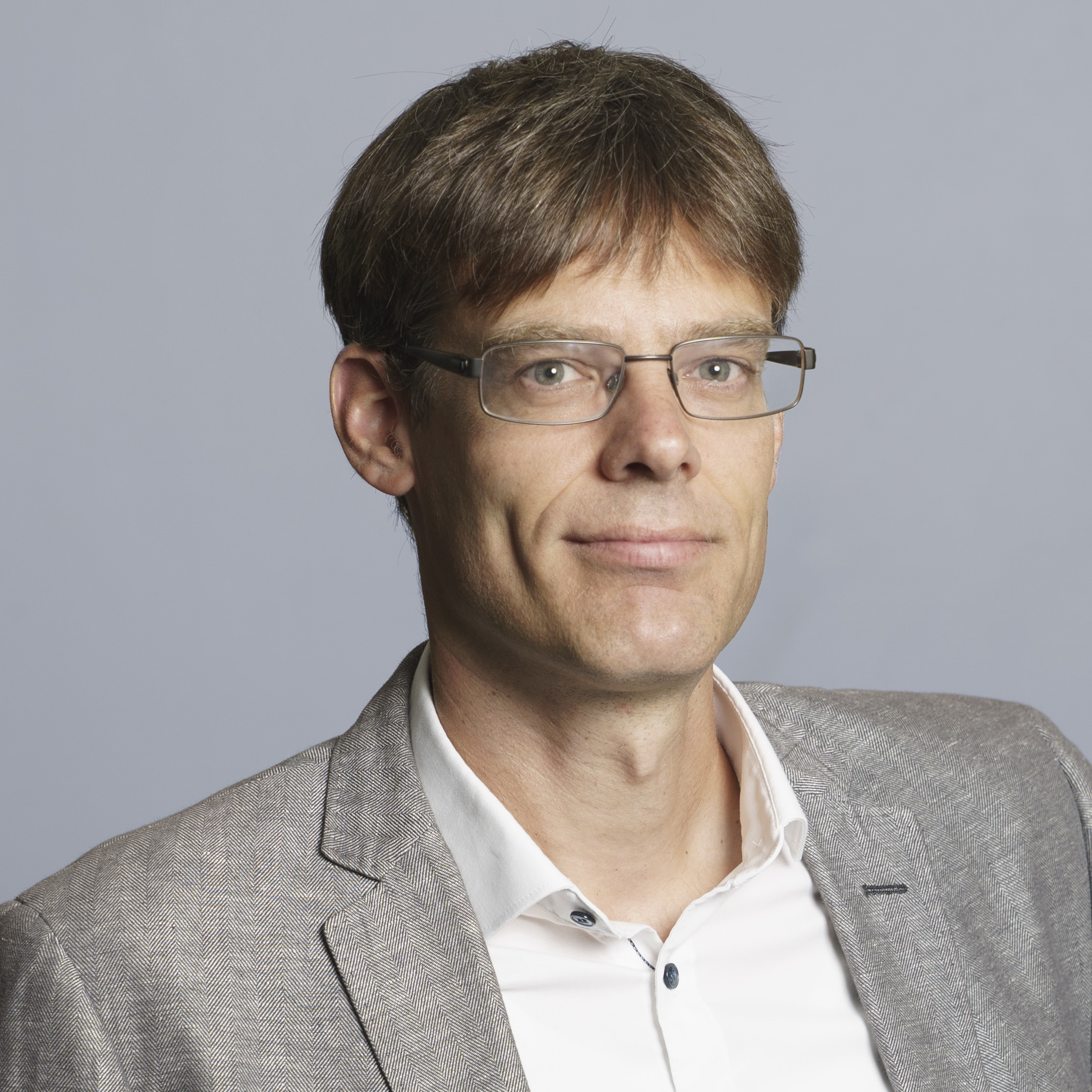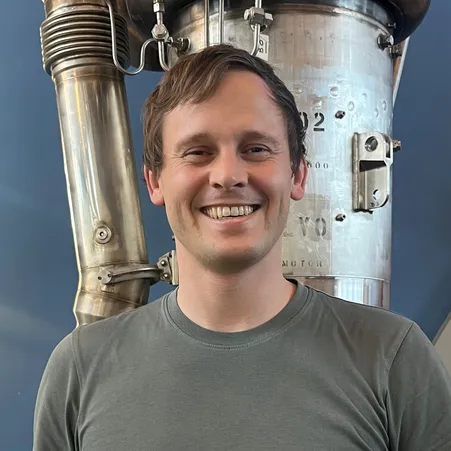Speakers Symposium 2026

The Power of a Skater
dr. Jos de Koning - Vrije Universiteit Amsterdam
Abstract
A speed skater's velocity depends on how much power their energy systems can generate, and how much power is lost to friction with the air and ice. This allows us to derive a useful power equation, which I will present during this lecture. Using this equation, I will put the current 1500-meter world record into a historical perspective. I hope this presentation gives you a fresh outlook on the upcoming Olympic Games.

Physical Virology: Studying Viral Nanoparticles One at a Time
prof. dr. Wouter Roos - Rijksuniversiteit Groningen
Abstract
Viruses are ingenious protein nanoparticles that successfully protect their genome (DNA or RNA) when outside the cell, and at the same time are able to open up efficiently once in contact with host cells in order to set free their nucleic acid. Using (High Speed) Atomic Force Microscopy and fluorescent Optical Tweezers we scrutinize their stability and self-assembly at the single-particle level, i.e. at the nanoscale, in real time. I will show how we are using these techniques to unveil the fascinating world of viral mechanics and dynamics.

Life, Photons, and Everything: Optical Chip Detection of Biosignatures Beyond Earth
Dr. Niels Ligterink - TU Delft
Abstract
Could life exist beneath the ice of Saturn's moon Enceladus? ESA's upcoming L4 mission makes this moon its prime target, yet accomplishing such an ambitious objective demands cutting-edge space instruments – such as the Life Marker Chip. This talk explores how we will search for extraterrestrial biosignatures – organic molecules that reveal biological activity. We'll discover how this integrated photonic biosensor detects these telltale biomolecules in icy samples. By harnessing advanced optical engineering to read life's chemical fingerprints, we're developing technology to answer humanity's greatest question: Are we alone?
|

